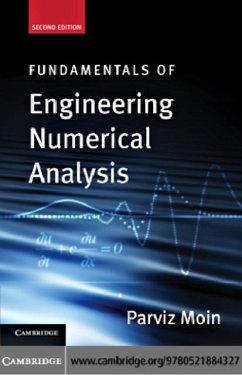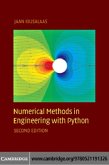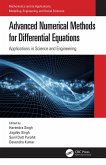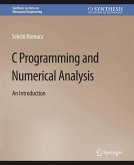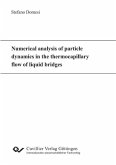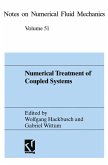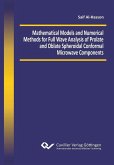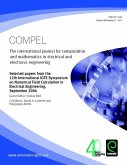Since the original publication of this book, available computer power has increased greatly. Today, scientific computing is playing an ever more prominent role as a tool in scientific discovery and engineering analysis. In this second edition, the key addition is an introduction to the finite element method. This is a widely used technique for solving partial differential equations (PDEs) in complex domains. This text introduces numerical methods and shows how to develop, analyse, and use them. Complete MATLAB programs for all the worked examples are now available at www.cambridge.org/Moin, and more than 30 exercises have been added. This thorough and practical book is intended as a first course in numerical analysis, primarily for new graduate students in engineering and physical science. Along with mastering the fundamentals of numerical methods, students will learn to write their own computer programs using standard numerical methods.
Dieser Download kann aus rechtlichen Gründen nur mit Rechnungsadresse in A, B, BG, CY, CZ, D, DK, EW, E, FIN, F, GR, HR, H, IRL, I, LT, L, LR, M, NL, PL, P, R, S, SLO, SK ausgeliefert werden.

